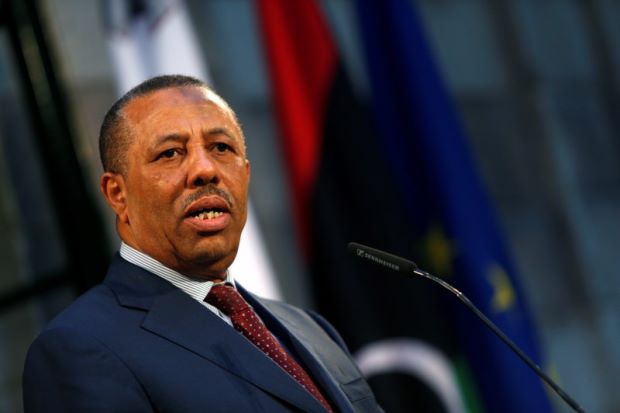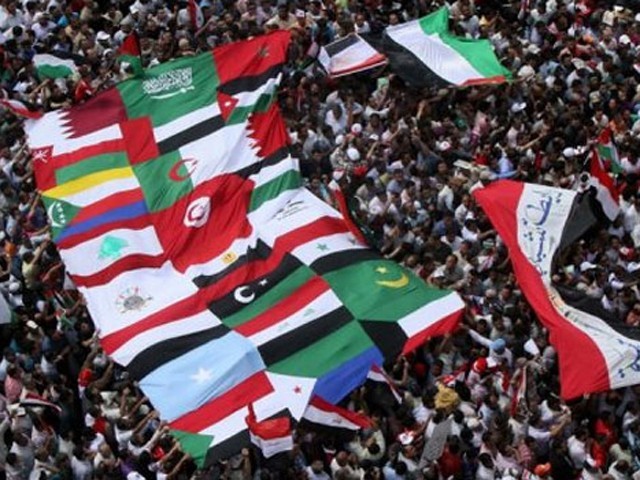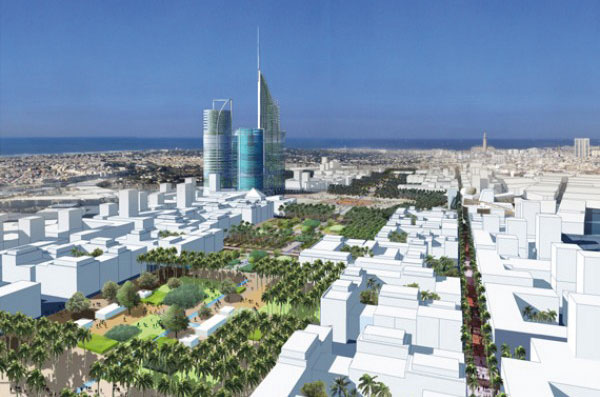As the stand-off in Libya between the two governments continues, Prime Minister Abdullah al-Thinni of the internationally recognized Tobruk government is planning to approach it with a financial perspective. He wants to stop the payment of oil exportations to accounts that are not under its control in order to drain the financial power of the Tripoli government. The Central Bank is trying to be neutral in the fight between the two governments.
 Prime Minster Thinni said Central accounts existing in Tripoli will be closed as part of a plan to reform the payment system that is in place. He said the Tobruk government needs to control the country’s oil revenues and that could only be done by changing the system in coordination with banks and the National Oil Corporation (NOC). Thinni said the implementation of the plan to bypass Tripoli could take a couple of weeks.
Prime Minster Thinni said Central accounts existing in Tripoli will be closed as part of a plan to reform the payment system that is in place. He said the Tobruk government needs to control the country’s oil revenues and that could only be done by changing the system in coordination with banks and the National Oil Corporation (NOC). Thinni said the implementation of the plan to bypass Tripoli could take a couple of weeks.
NOC oversees Libya’s oil sector. It is a very important institution in the country since the economy is based on oil. The two governments have named officials to run the vital oil sector as well as the NOC.
The question of who owns Libya’s oil reserves continues to be unanswered for foreign buyers, mainly from Europe and China. For decades, they have paid for Libya’s crude oil through a state bank linked to the central bank in Tripoli. The Central Bank has been handling the revenues with the exception of salaries of civil servants and food subsidies as it strives to stay away from the power struggle between Tripoli and Tobruk.
Libya is an OPEC oil producing country but its production capacity has declined due to the three year old that it is going through.


